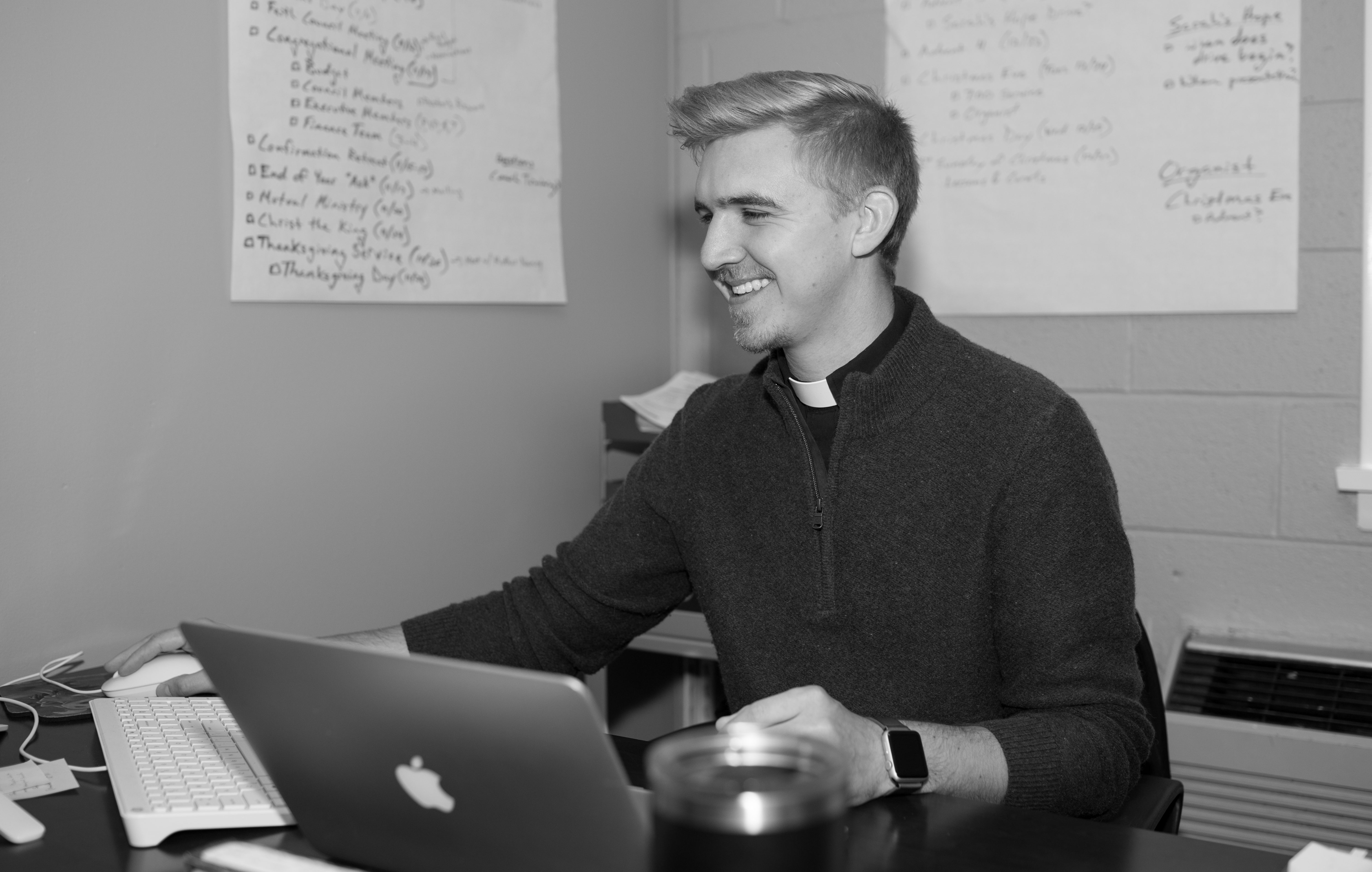Matthew 24:36-44 – First Sunday of Advent
Context
Today’s text is a continuation of a long apocalyptic/eschatological section in chapter 24. Throughout the gospel, but especially in this section, Matthew is channeling a prophetic voice that calls people to repentance and promises the “day of judgment.” More than any other Gospel, Matthew portrays Jesus as a prophet like Moses and Isaiah. And like a prophet, Jesus speaks of the day of judgment that is to come, calling for repentance… or else.
For those of us that often preach on the Gospel, this unnerves us because we desire the Gospel to be words of comfort and grace. But rather than being fearful of this language, what if we embraced Matthew’s use of the prophetic voice, hearing it like Amos’ call in 5:24, “let justice roll down like waters, and righteousness like an ever-flowing stream” or Jeremiah 22:3-5 “3Thus says the Lord: Act with justice and righteousness, and deliver from the hand of the oppressor anyone who has been robbed. And do no wrong or violence to the alien, the orphan, and the widow, or shed innocent blood in this place. 4For if you will indeed obey this word, then through the gates of this house shall enter kings who sit on the throne of David, riding in chariots and on horses, they, and their servants, and their people. 5But if you will not heed these words, I swear by myself, says the Lord, that this house shall become a desolation.”
The prophetic voice and also the apocalyptic genre help to show in shocking detail, that our neglect and mistreatment of one another, are not how God desires the world to live. God abhors war and hate. God despises wealth disparity that leads to hunger, poverty, poor health, and lack of care. God agonizes over the mistreatment of the most vulnerable and the marginalized. God does not desire to enact an “or else” but God is deeply troubled by our treatment of each other in this world that God so loves. So, God desperately desires that we repent, that we turn from our ways, and return to right relationship with God and our neighbor.
The day of judgment is a promise that one day, all will be made right. Like the vision in our assigned text from Isaiah 2:1-5, “1The word that Isaiah son of Amoz saw concerning Judah and Jerusalem. 2In days to come the mountain of the Lord’s house shall be established as the highest of the mountains, and shall be raised above the hills; all the nations shall stream to it. 3Many peoples shall come and say, “Come, let us go up to the mountain of the Lord, to the house of the God of Jacob; that he may teach us his ways and that we may walk in his paths.” For out of Zion shall go forth instruction, and the word of the Lord from Jerusalem. 4He shall judge between the nations, and shall arbitrate for many peoples; they shall beat their swords into plowshares, and their spears into pruning hooks; nation shall not lift up sword against nation, neither shall they learn war any more. 5O house of Jacob, come, let us walk in the light of the Lord!”
But the promise is also an indictment that we cannot pretend that all is right here and now. While Matthew, more than any other Gospel, is promising the day of judgment, it is not for the purpose of hoping that it will come immediately. Like the prophets of old, Matthew is trying to get the church to live rightly here and now, to care for those entrusted to us. Be awake for the day of judgment by caring for those that we are supposed to care for on this day. We who have heard the gospel are not called to forget the world. We are called to act in the world and care for the hungry, the thirsty, the stranger, the unclothed, the sick, the imprisoned (25:35-36). At the end of the Gospel, the disciples are not told to stand and wait for the day of judgment. They are told to go into all the world spreading the Good News. The Good News is that through God all things are possible (19:26) and through God, we are reminded that our actions can make a difference to our neighbors in this world.
Preaching Possibilities
Hope is a seasonal theme of Advent. Apocalyptic texts are filled with hope, but we want to ensure that the hope is placed appropriately. It is surely Good News that one day all the world will be made right. But if we place all our Advent hope in the promise of that end day, we lose the opportunity to share the Good News that we have an incarnational God who cares about this world here and now. And this incarnational God comes to this world as it is, proclaiming a different way of being, proclaiming a different way to care for one another.
Where is there hope in your community? Who are the organizations that are making a difference? Where are people speaking prophetically and calling the world to do better?
